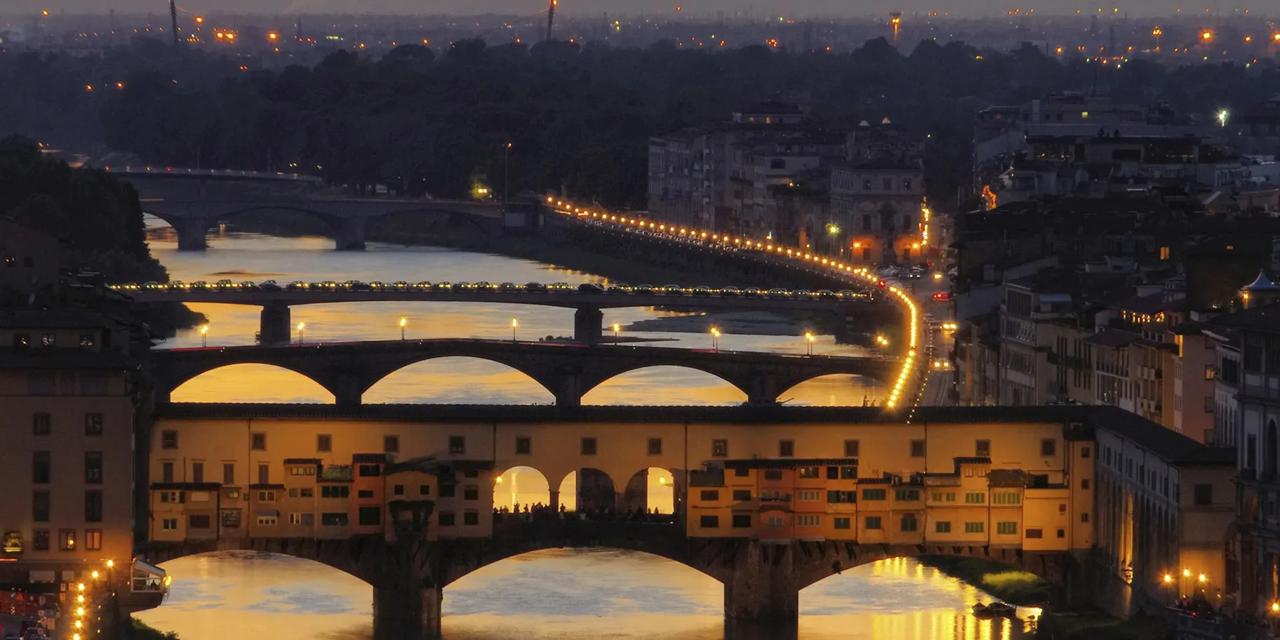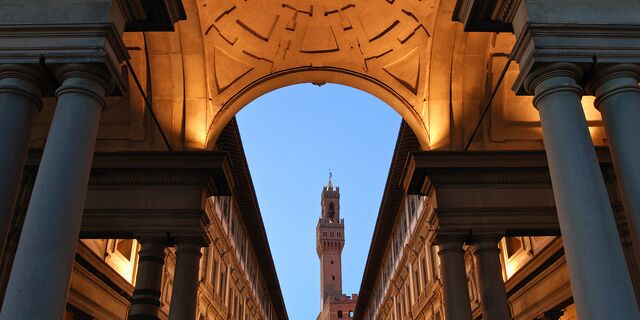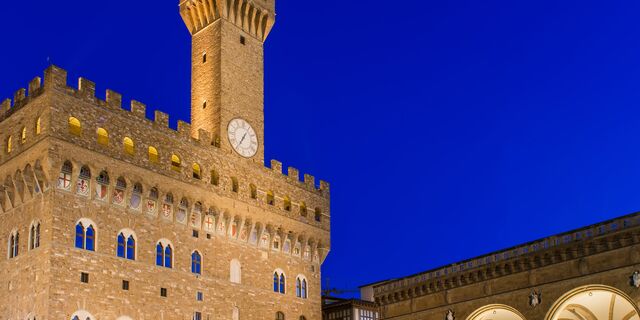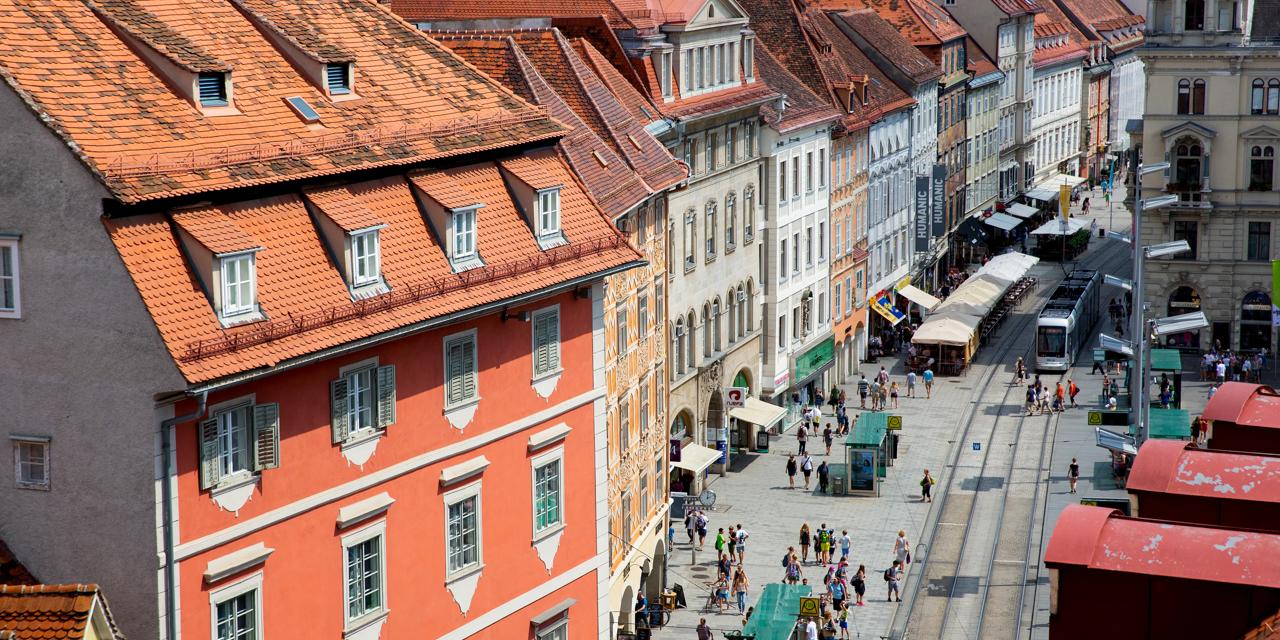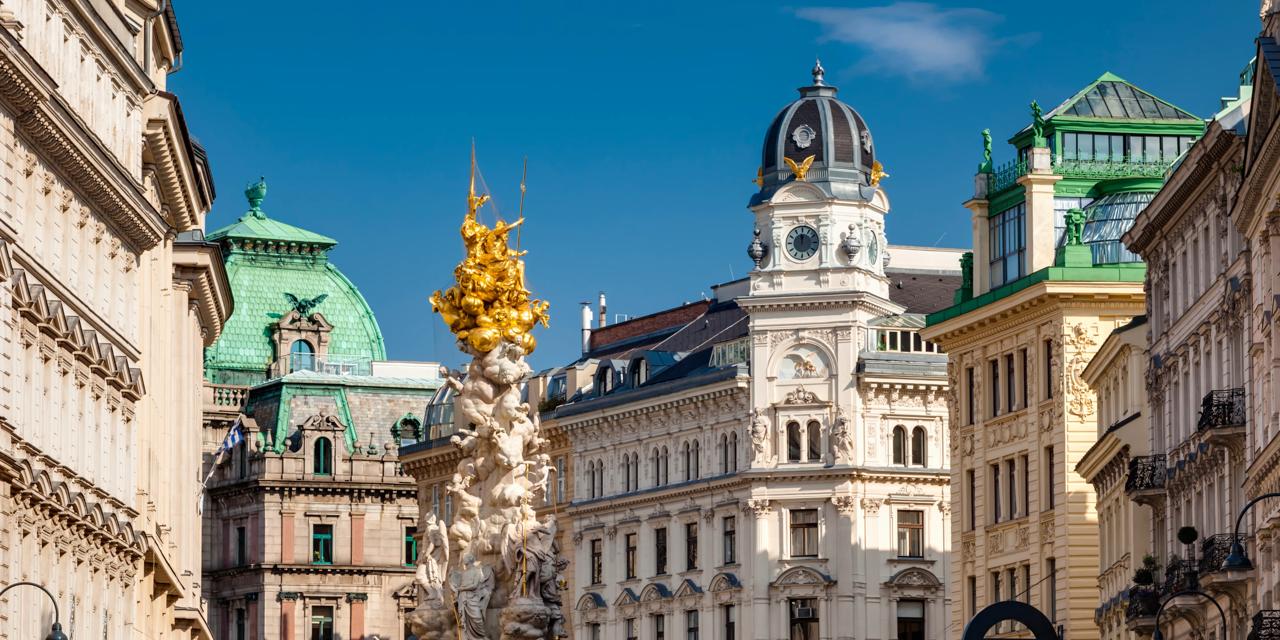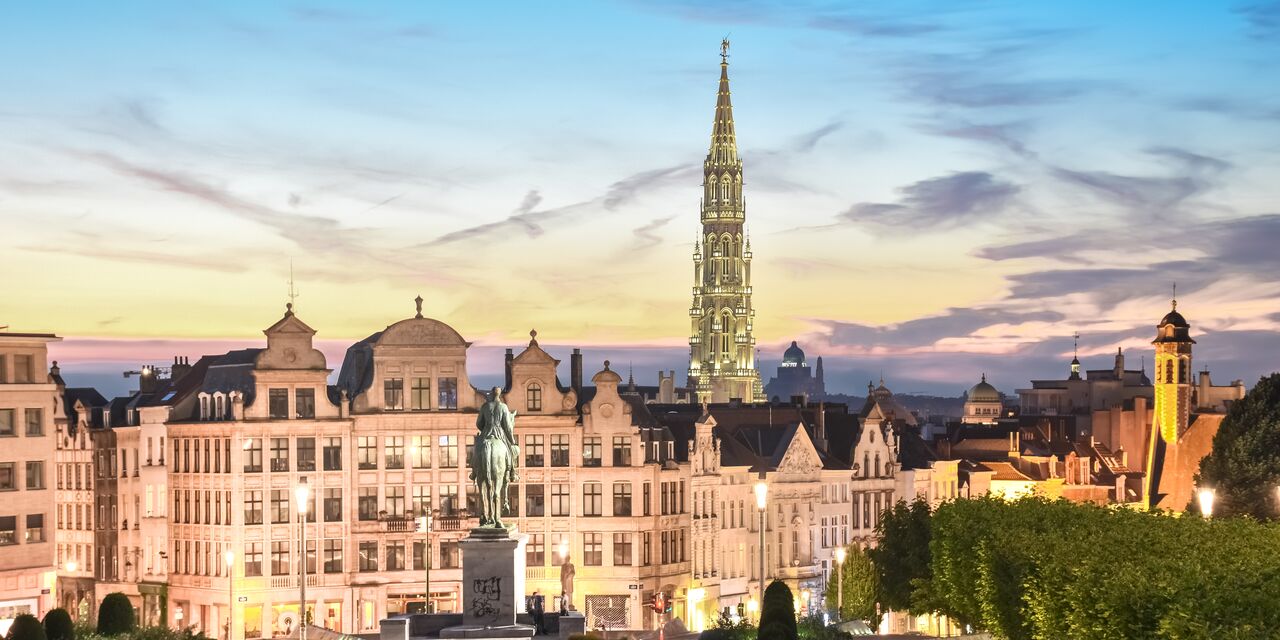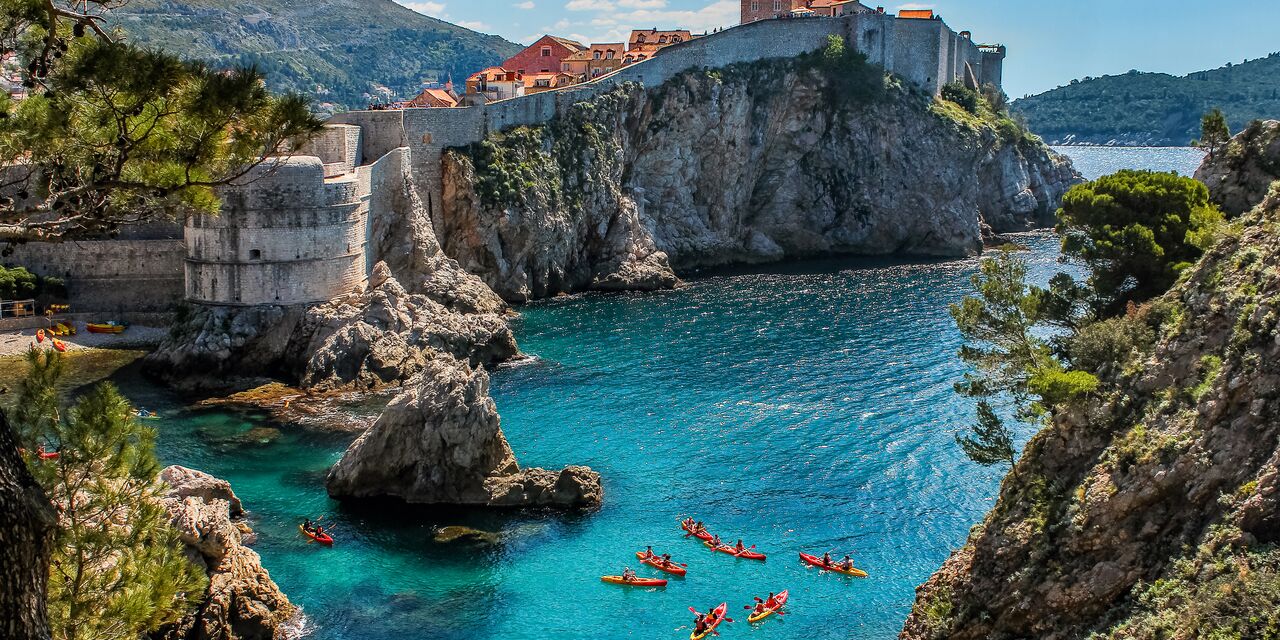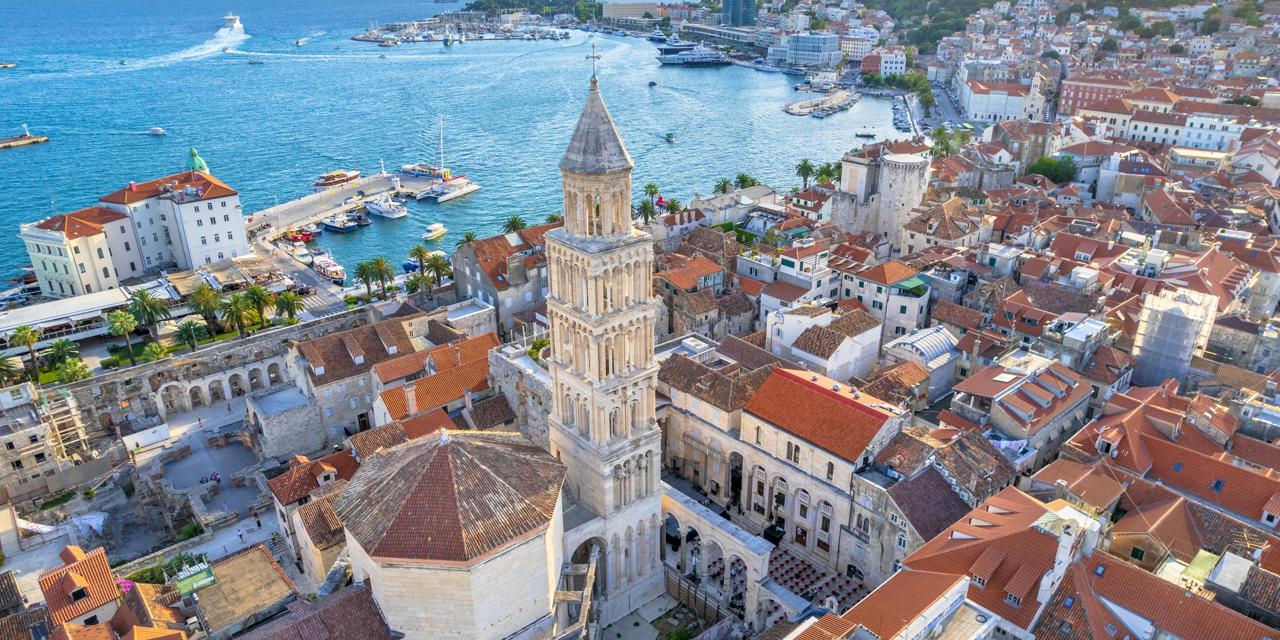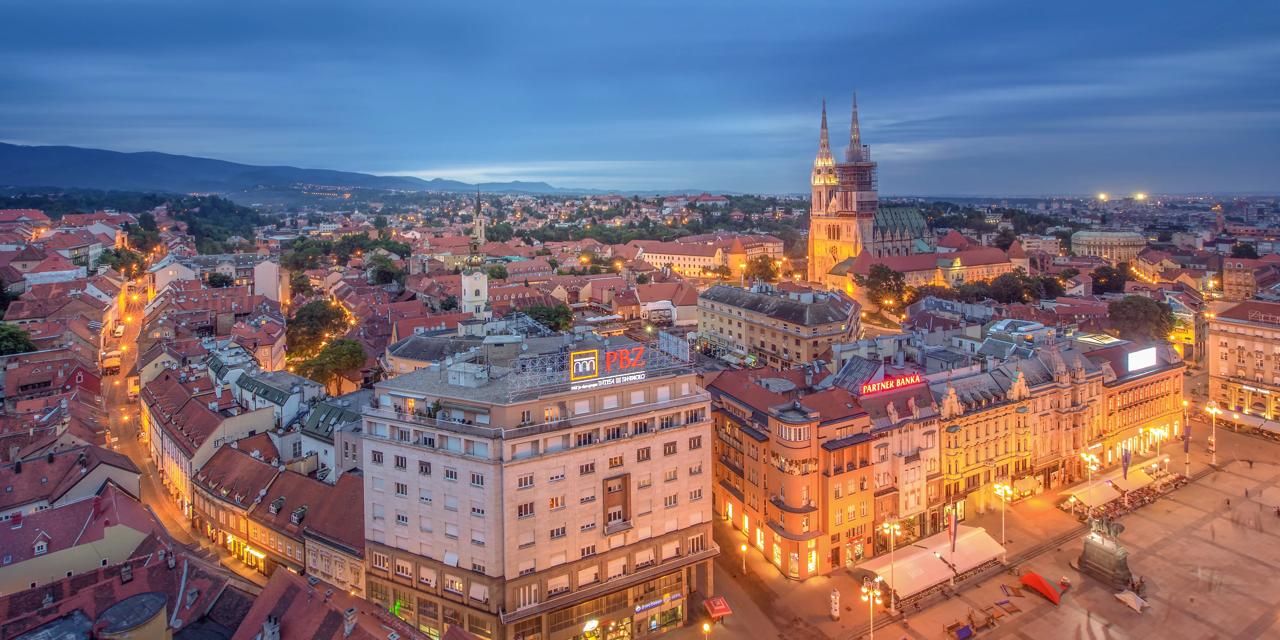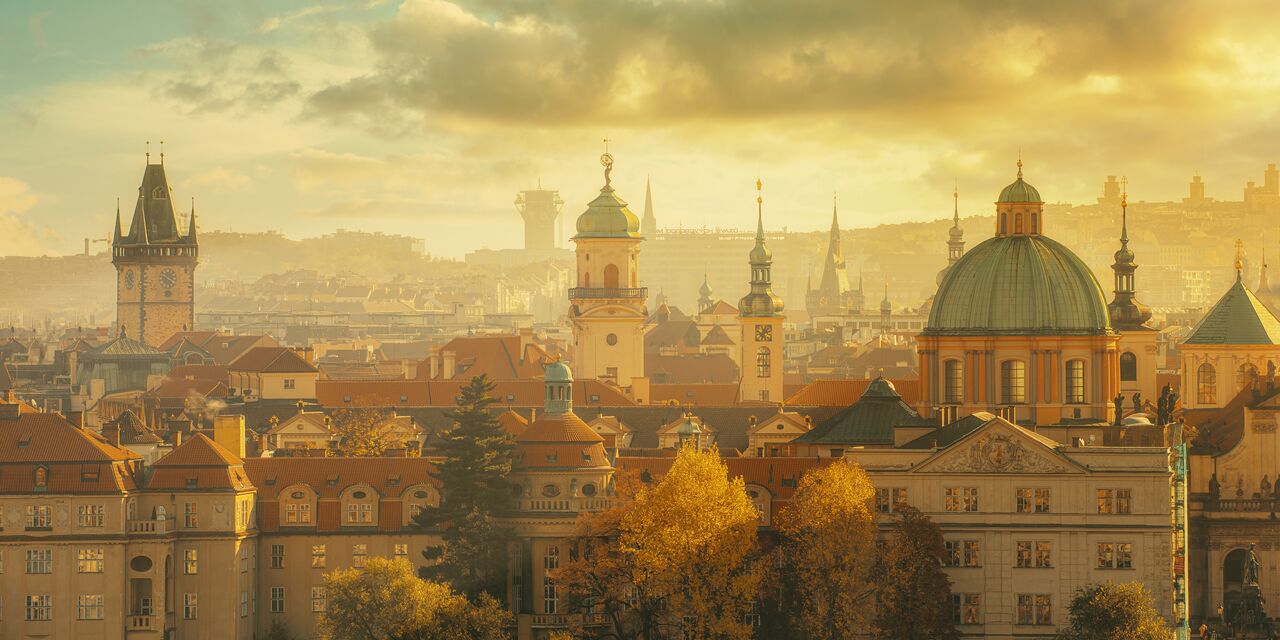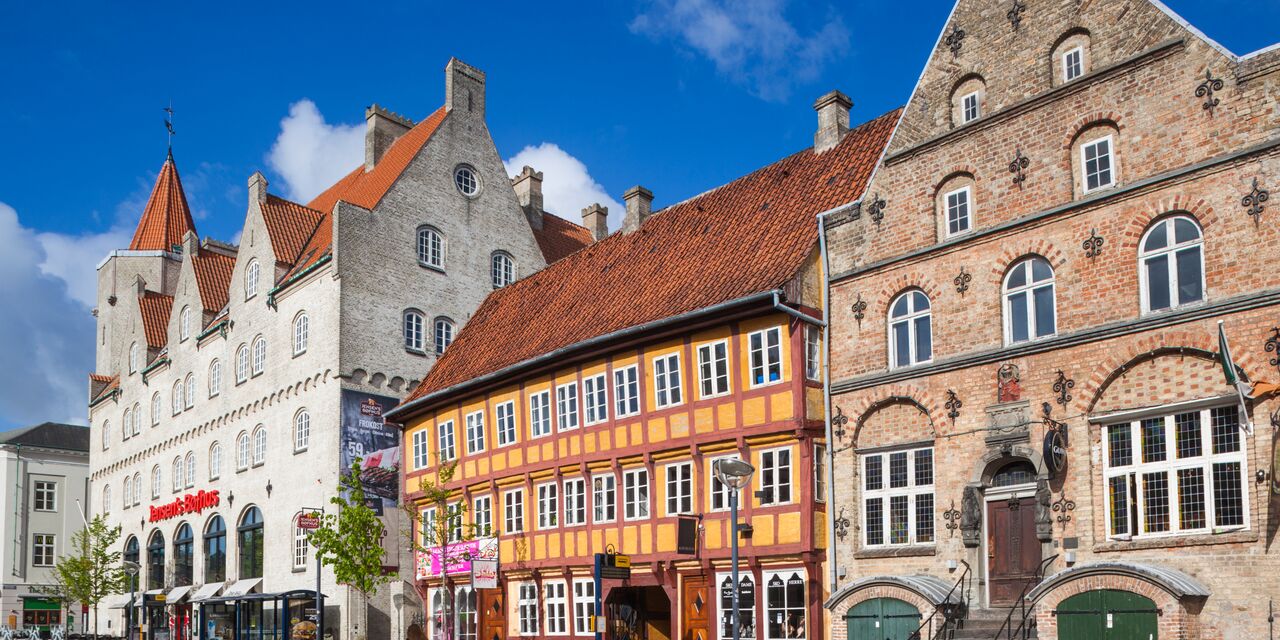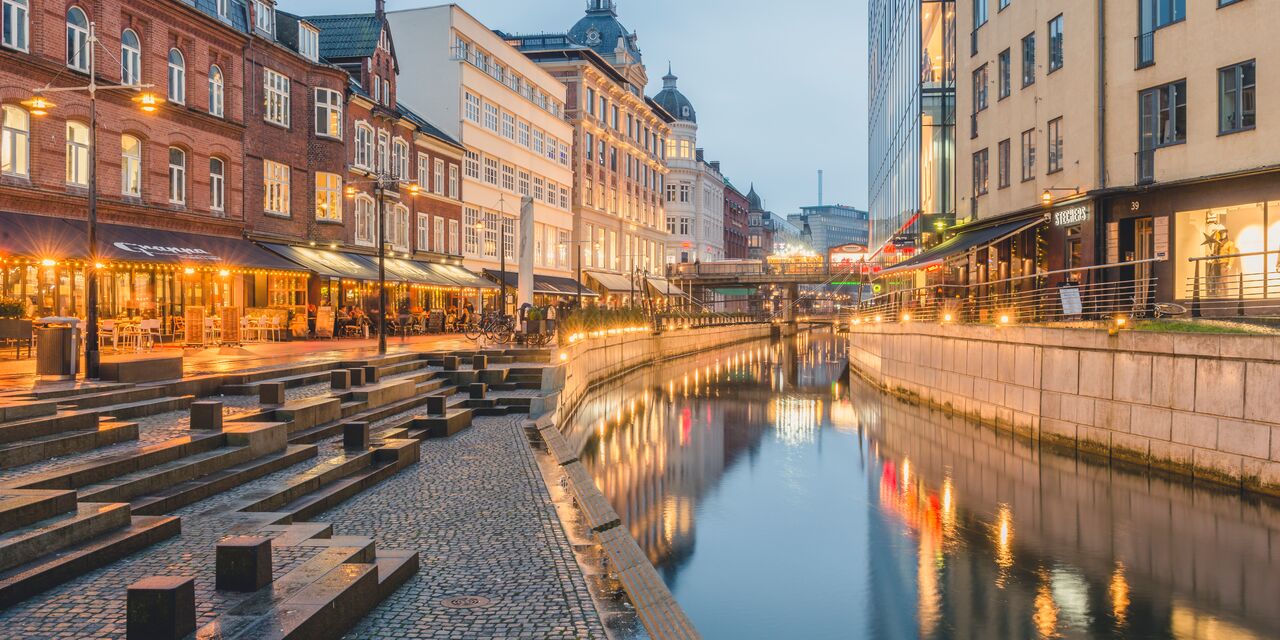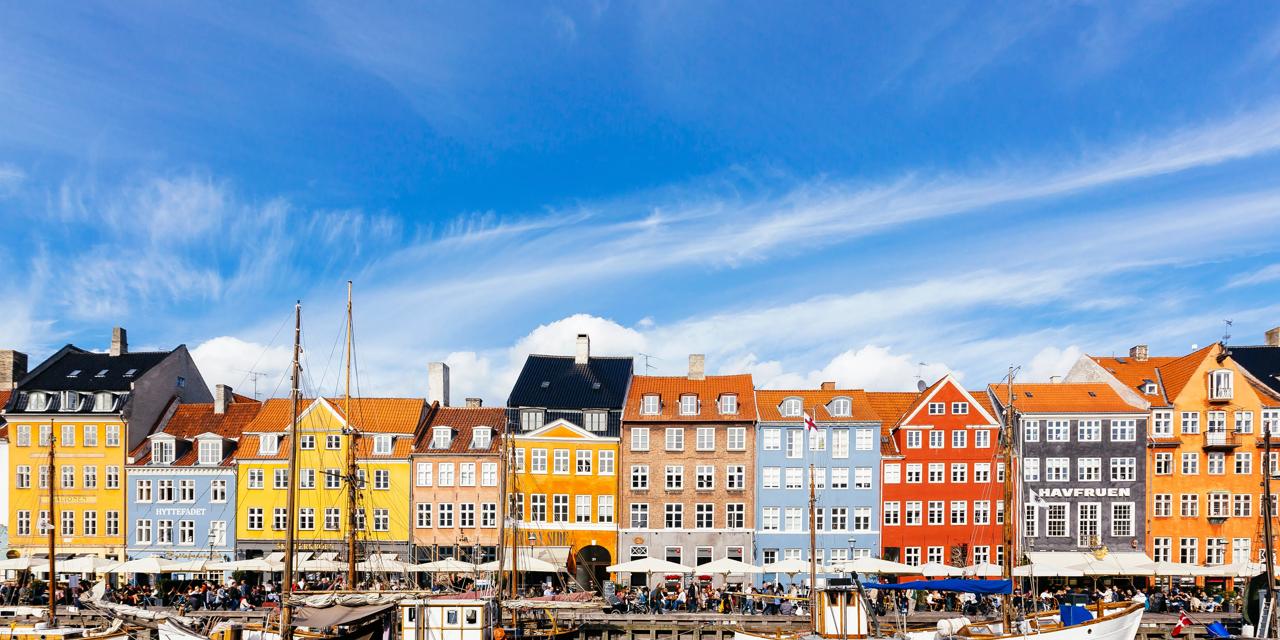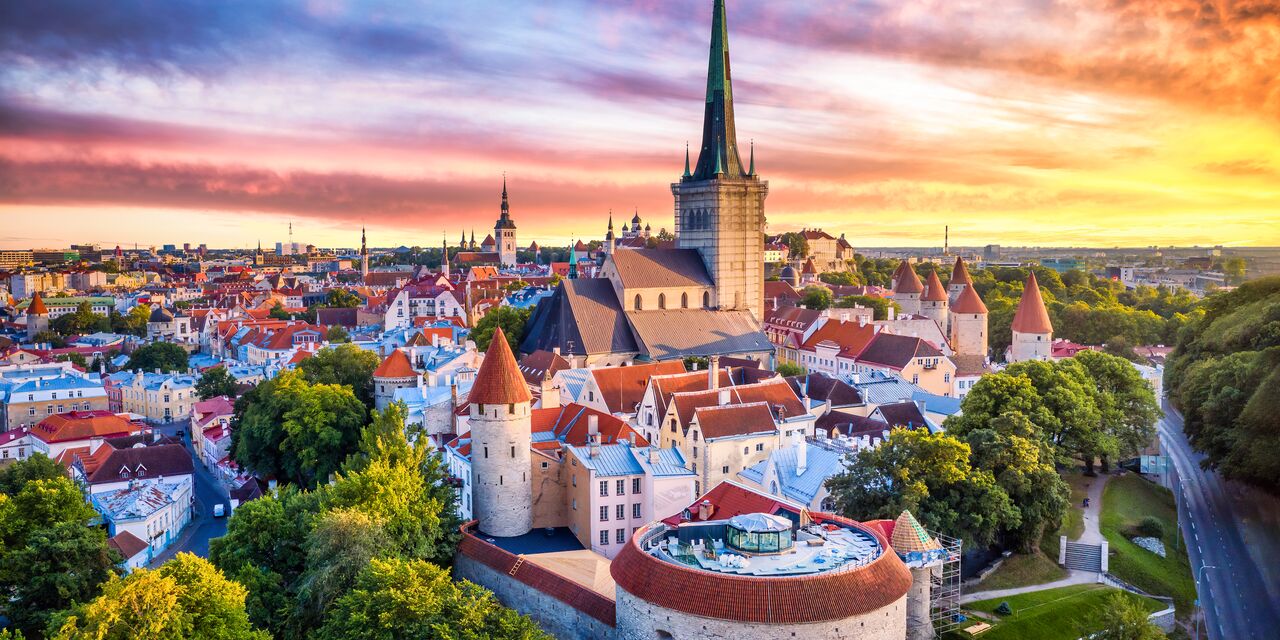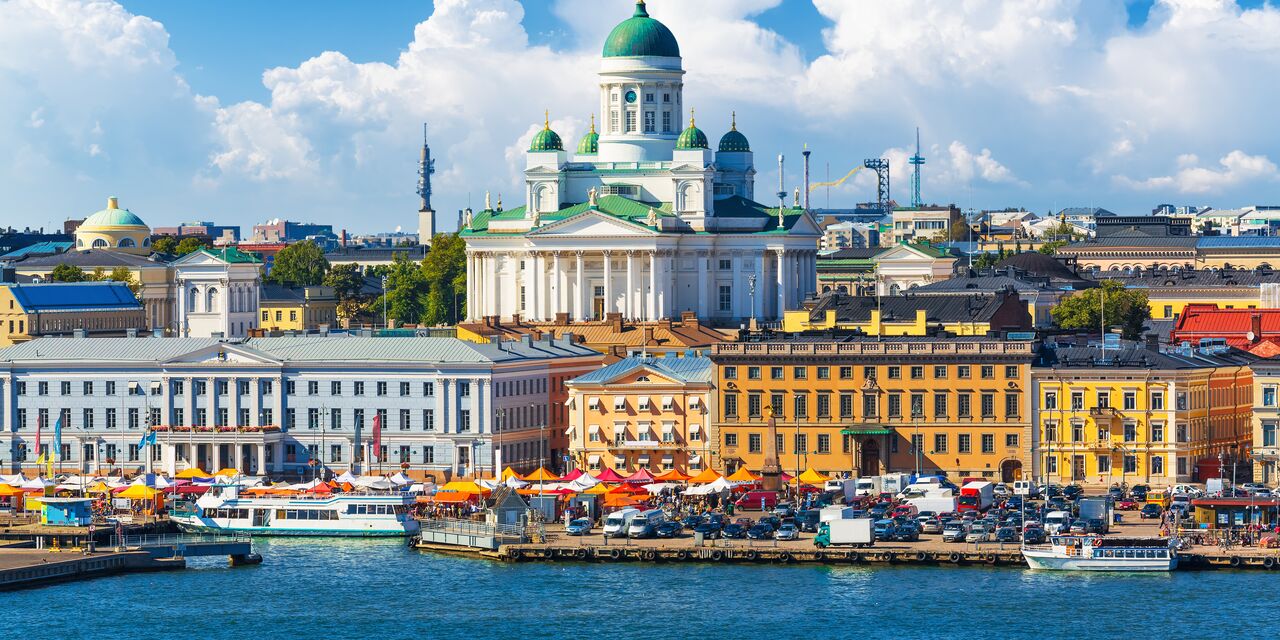The secret passageway of the Medicis
For the Medicis, the banking family that ruled the city state of Florence for 3 centuries, the Ponte Vecchio was an important link between their living and working palaces, which were separated by the Arno River. The only problem was that ‘riff-raff’ inhabited the bridge. So Cosimo the Great commissioned architect Giorgio Vasari to build a kilometre-long raised aboveground passageway. The Corridoio Vasariano ran over the bridge, straight through the Uffizi and along the Boboli gardens. To construct it above the Ponte Vecchio, the last remaining defensive towers on the southern side needed to be torn down, but the family who lived there refused and the passageway was ultimately built around them. The Medicis could then walk high and dry from Palazzo Vecchio to Palazzo Pitti, but the stench of rotting meat still streamed through the little windows. Therefore, the butchers and tanners were banned from the bridge and the shops could only be used by goldsmiths and jewellers from that point on. Incidentally, tradition has it that the word ‘bankrupt’ comes from the rental of these stalls: if a shopkeeper defaulted on his payment, his bench (‘banca’) was broken (‘rotto’).
A bridge too far for Hitler
Towards the end of World War II, the Nazis retreated into Italy. All important junctions in Florence were barricaded with the exception of the Ponte Vecchio. It is reported that Adolf Hitler himself ordered this, having admired the bridge during an earlier visit to Florence. Mussolini had the windows of the Corridoio Vasariano enlarged especially for his arrival, so that his good friend Hitler could enjoy lovely views of the river. After all other bridges across the Arno were blown up, even Hitler did not want to go so far as to destroy this centuries-old monument.

